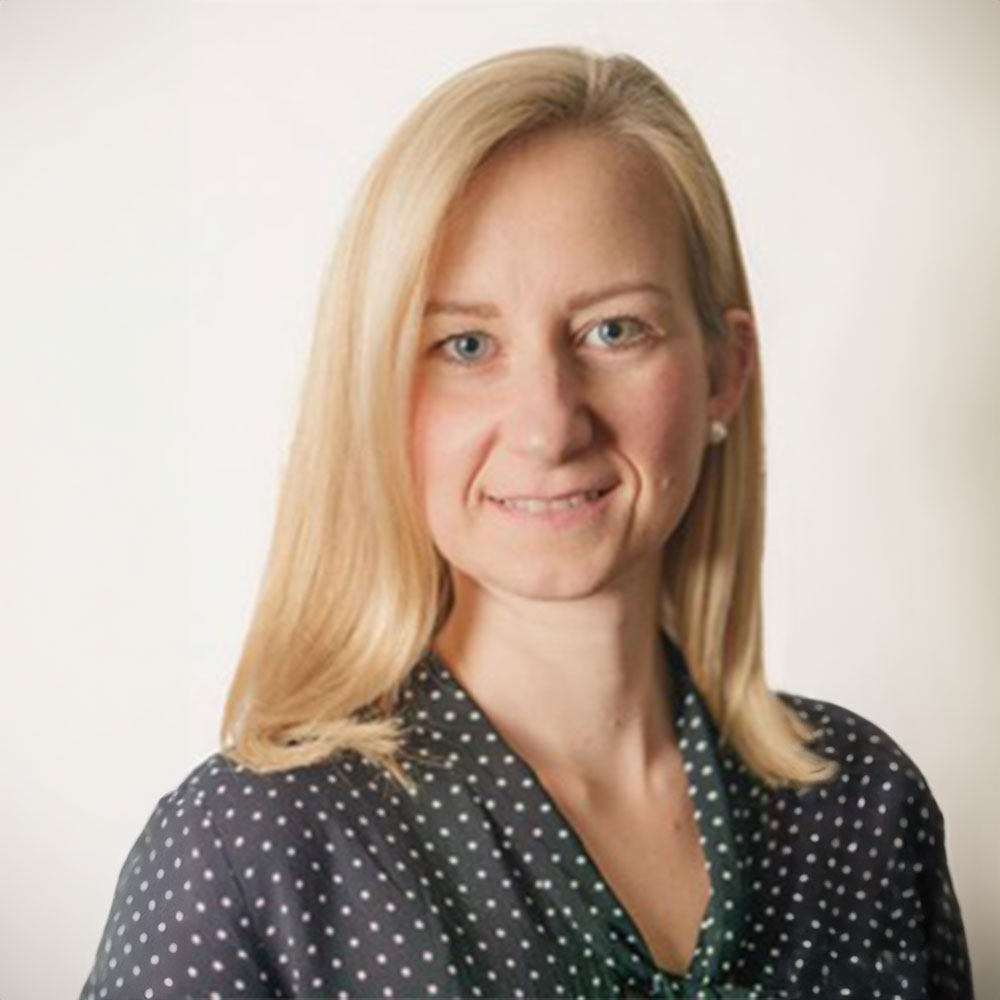TU Delft
Faculty of Electrical Engineering,
Mathematics and Computer Science
Title: Functional Neuroimaging Techniques
Abstract:
Functional neuroimaging techniques – such as functional magnetic resonance imaging (fMRI) or functional ultrasound (fUS) – are attractive options for studying brain function as they can capture activity in the entire volume of the brain with high resolution. While fMRI records changes in blood oxygen concentration, fUS measures alterations in cerebral blood volume induced by neuronal activity. Therefore, these techniques only provide an indirect measure of brain activity. To draw conclusions about brain activity based on such measurements, it is necessary to carefully model this so-called hemodynamic system. In this presentation, we will discuss the most commonly used – linear time-invariant – model of the hemodynamic system. Following that, we will present techniques for estimating both the hemodynamic response function (i.e. the impulse response of the system) and the underlying neural activity. Finally, after exploring the advantages and limitations of the linear model, we will consider a nonlinear model of the hemodynamic response. We will illustrate the effectiveness of these techniques using functional ultrasound data recorded during a visual experiment, with the goal of gaining a better understanding of visual information processing in the brain.
Biography:
Borbála (Bori) Hunyadi was born in Budapest, Hungary. She received a MSc degree in electrical and computer engineering from the Pazmany Peter Catholic University in 2009. In the same year she joined Stadius, Department of Electrical Engineering at KU Leuven, where she worked in close collaboration with the Laboratory for Epilepsy Research, and she obtained her PhD degree in 2014. She continued working in Stadius as a postdoctoral researcher on the ERC advanced grant Biotensors, and she served as the research lead on the Imec-ICON project SeizeIT. Between February and May 2016 she was a visiting researcher at the University of Oxford, and in May 2017 she visited the Christian Albrechts University of Kiel. In 2018 she was awarded one of the “Delft Technology Fellowships” for outstanding female academic researchers. In October 2018 she joined the Circuits and Systems (now Signal Processing Systems) group at TU Delft as an assistant professor. She is the secretary of the IEEE EMBC Benelux chapter and vice-chair of the EURASIP technical area committee on biomedical signal and image processing.


